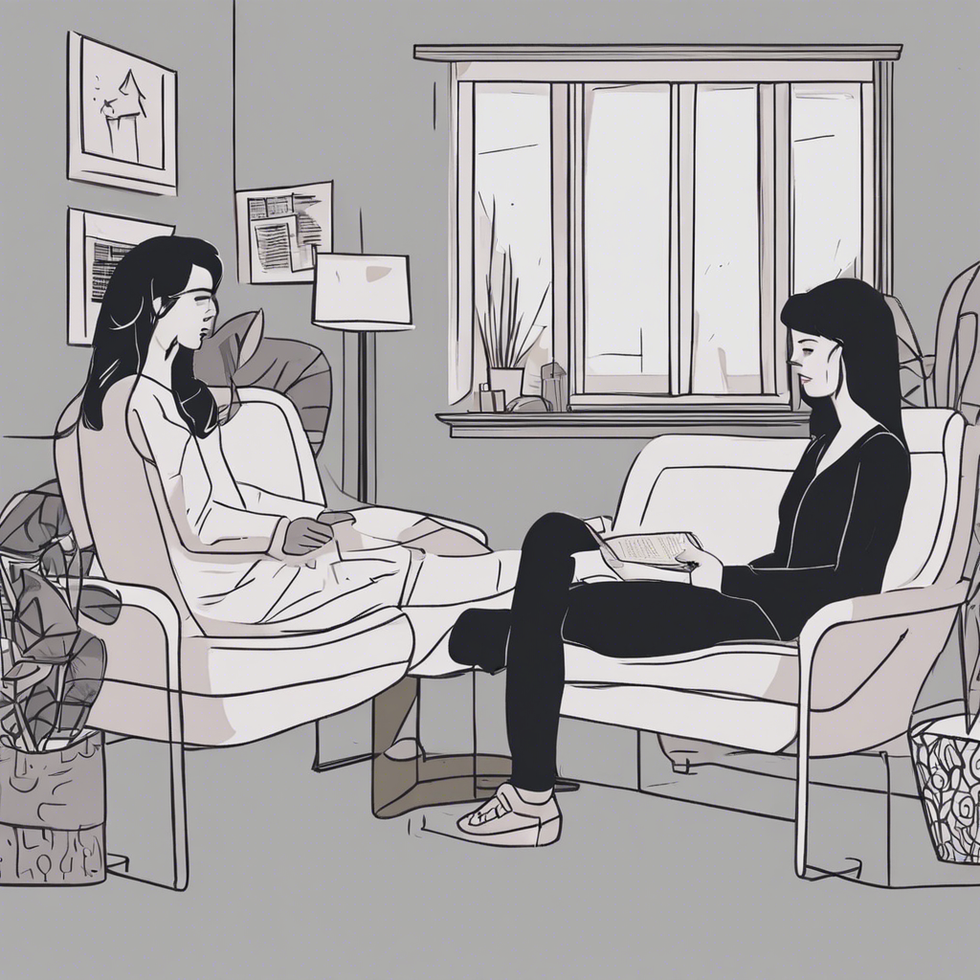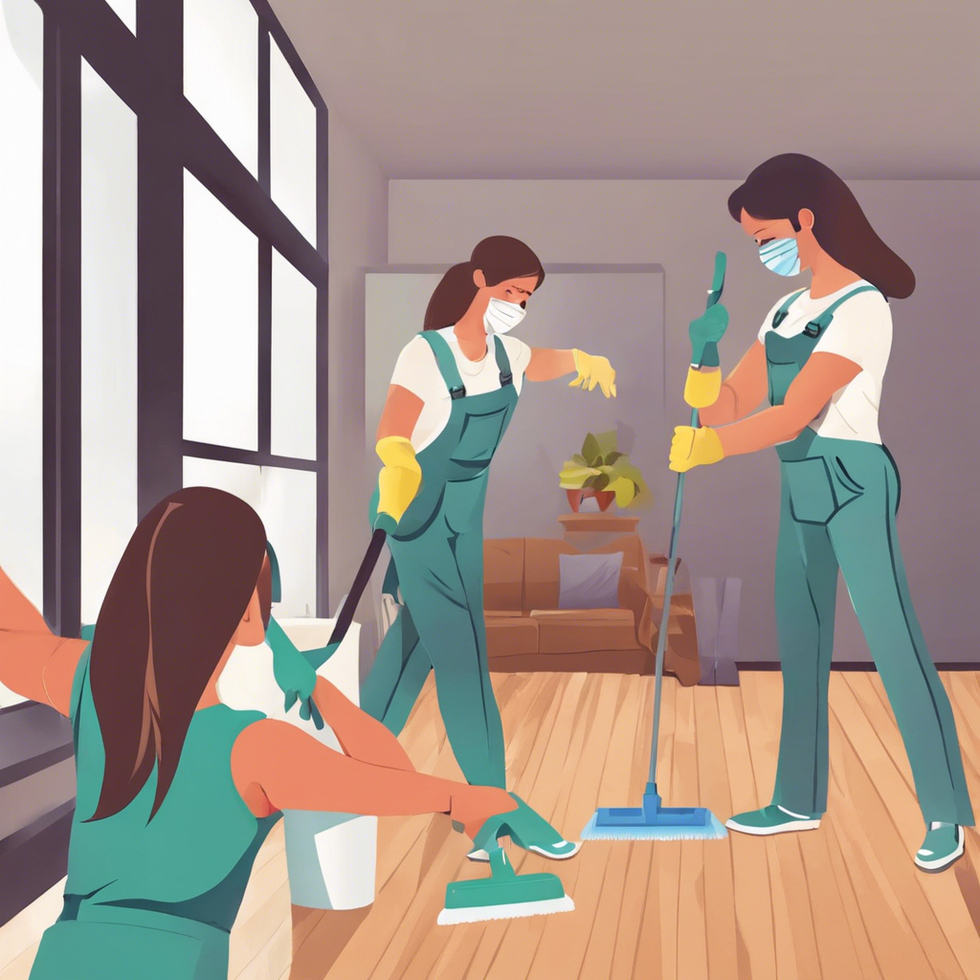Urology is a branch of science that concentrates on health issues of the male and female urinary tract systems.
Similarly, it manages any ailment related to the male reproductive organs. The urinary tract directs the passage toward producing, protecting, and discarding pee from the body. Diagnosis of a urologist hinges the uterus, kidney, adrenal organs, bladder, and the male conceptive organs such as Gonads, Penis, Prostate. The best urologist in Kolkata helps you to identify a root cause and method to correct them.
What is the education and training background of a Urologist?
Urologists should have a medical degree from a specialized institution. They may join a medical college after they pass their NEET exam. Following medical school, urologists carry out a residency in a urology facility. After a duration of 5 years, the student should pass a specialist board test. After board and residency tests, urologists are proficient of working at hospitals or create their own setup.
Roles of a Urologist
A urologist has an expertise of detecting and treating issues related to the urinary tract. Urologists deal with males and females in a similar way. With females, a urologist deals only with the UTI issues. With males, the urologist may diagnose and cure ailments related to penis and testicles as well. Also, these doctors take care of male infertility and sexual disorders.
What are the signs indicating a need to consult a urologist?
If these issues continue, the concerned doctor might recommend you to a urologist:
Male symptoms
- Bloody urine
- Pain in the testicles
- Erectile dysfunction
- Painful and urinating more often
- Inflamed prostate
Female symptoms
- Recurrent urination sensation
- Pain in the back or sides
- Blood in the urine
- Burning feeling while urinating
Treatment procedures performed by a urologist
Ureteroscopy
Ureteroscopy treats renal stones. The urethra, ureter, and bladder guide a ureteroscope to the renal stone. Stones larger in size should be fragmented.
Cystoscopy
This method assesses the urethra and bladder by viewing them using a cystoscope. It identifies a distended prostate and is useful for treating bladder problems.
Nephrectomy
Nephrectomy (removal of kidney) is a surgical method that removes all or part of a kidney.
Vasectomy
This procedure is male birth control surgery. During this procedure, the doctor seals the vas deferens.
Prostate Biopsy
This procedure removes uncertain tissue samples from the prostate.
When is there a need to visit a urologist?
A patient can be referred to a urologist for treating different conditions:
- Kidney disorder: Kidney damage may cause inflammation in the hands and ankles, hypertension, and other signs. If the kidneys fail to work efficiently, this is kidney failure. Eventually, it might be lethal.
- Incontinence: A malfunction in the urinary system may cause an involuntary loss of bladder control. In females, this might arise from a weakened pelvic floor muscle during pregnancy.
- Urinary tract infections (UTIs): Infection appear when bacteria move from the digestive tract to the urethra. Signs may involve pain, abnormal urination, nausea, vomiting, incontinence, fevers, and chills. It is more common in females.
- Renal transplantation: An individual might need kidney transplants after kidney failure.
- Male infertility: This may arise due to damage in the male reproductive tract and many sperm disorders. One common reason is varicoceles, an inflamed vein in the sac under the penis. Surgery may at times help.
- Urologic oncology: Cancer treatments that associate with the urological or male reproductive system, including bladder cancer and prostate cancer.
- Enlarged prostate: Benign prostatic hyperplasia (BPH) has an effect on around 1 in 3 men above 50 years of age. An overgrowth of cells present in the prostate gland results in the constriction of urethra. This gives rise to urination problems.
- Cancers: The kidneys, bladder, testicles, prostate gland, or any other cancer that has an impact on the urinary system or, in males, the reproductive system.
What to expect from a urologist?
- The urologist would usually carry out some tests to determine the issue. Imaging tests including CT, ultrasound, MRI scan, might help the urologist to find the issue and a urine test might be done to check for bacteria and other symptoms of ailment.
- If the condition gets more severe, a biopsy can be done. It is traditionally to detect cancer and other problems. Also, the urologist might ask you queries regarding your medical history and execute a physical assessment.
- If you wish to urinate often, or experiencing pain in passing urine, blood in urine, trouble in passing urine, pain in your lower back, or difficulty in maintaining an erection and early ejaculation. You must contact a health expert. So as to maintain a healthy urinary tract, urologists advise that you frequently empty your bladder and have enough water rather than caffeine.
- Also, urologists emphasize on the importance of avoiding smoking and having a low-salt diet. By practicing these easy tips, you can prevent a range of urological issues. It is possible to treat all tumors or cancer of the urinary bladder, prostate, penis, kidney, and testis by the urologist. In addition, many urologists also do renal transplants.



 Photo by
Photo by  Photo by
Photo by 

 Photo by
Photo by  person holding black smartphone on white textile
Photo by
person holding black smartphone on white textile
Photo by  StableDiffusion
StableDiffusion
 Photo by
Photo by  Photo by
Photo by 
 roommate as a therapist
StableDiffusion
roommate as a therapist
StableDiffusion
 woman in white shirt eating pizza
Photo by
woman in white shirt eating pizza
Photo by  person holding remote pointing at TV
Photo by
person holding remote pointing at TV
Photo by  person holding assorted clothes in wooden hanger
Photo by
person holding assorted clothes in wooden hanger
Photo by  a couple of
a couple of  friends cleaning apartment
StableDiffusion
friends cleaning apartment
StableDiffusion
 man driving car during golden hour
Photo by
man driving car during golden hour
Photo by  bacon strips and melted cheese topped fries on oval white and blue platter with gray stainless steel forks
Photo by
bacon strips and melted cheese topped fries on oval white and blue platter with gray stainless steel forks
Photo by  selective focus photography of eyeshadow palette
Photo by
selective focus photography of eyeshadow palette
Photo by  brown wooden framed white padded chair in between green indoor leaf plants inside bedroom
Photo by
brown wooden framed white padded chair in between green indoor leaf plants inside bedroom
Photo by  women forming
women forming  taking
taking  man in red polo shirt pouring wine on clear wine glass
Photo by
man in red polo shirt pouring wine on clear wine glass
Photo by  woman in black jacket standing on road during daytime
Photo by
woman in black jacket standing on road during daytime
Photo by 
 StableDiffusion
StableDiffusion
 StableDiffusion
StableDiffusion
 student thinking i shouldnt have procrastinated all semester
StableDiffusion
student thinking i shouldnt have procrastinated all semester
StableDiffusion
 Photo by
Photo by  Photo by
Photo by  Photo by
Photo by  StableDiffusion
StableDiffusion
 StableDiffusion
StableDiffusion
 Photo by
Photo by  Photo by
Photo by 








